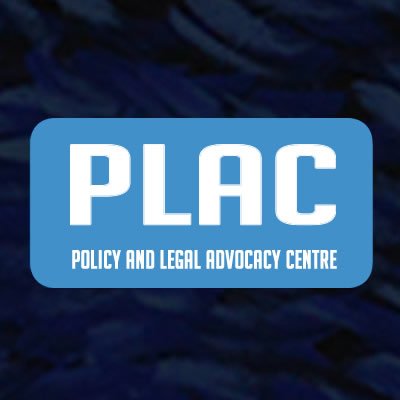Policy and Legal Advocacy Centre (PLAC), an independent, non-partisan, non-profit capacity-building organisation that works to strengthen democratic governance and citizens’ participation in Nigeria, says the Red Chamber of the country’s bicameral parliament is proposing the Companies and Allied Matters Act (CAMA) amendment bill to Improve NGO operations
A bill to amend the Companies and Allied Matters Act (CAMA) 2020 (SB 904) passed the second reading at the Senate on Wednesday, February 9.
The bill sponsored by Senator Ibrahim Yahaya Oloriegbe (APC: Kwara) seeks to strengthen the operations of non-governmental organisations (NGOs) in Nigeria and their compliance with the provisions of CAMA.
Proposing the amendment, Senator Oloriegbe stated in his lead debate that while CAMA 2020 was a major improvement from CAMA 1990, some of its provisions are inimical to the ability of NGOs to operate and deliver on the purposes for which they are set up.
He explained that the bill seeks to introduce measures that address the full range of regulatory issues relating to registration, administration and supervision; and provide a consistent regulatory framework that enhances NGO coordination in Nigeria.
The proposed amendment is to 11 sections of the Principal Act, which include sections 2, 831, 838, 839, 842, 843, 844, 845, 846, 848 and 849. The bill was referred to the Joint Committees on Trade and Investment and NGO and Diaspora for further legislative action, with the former as the lead committee.
It will be recalled that there have been several reactions to CAMA since it’s coming into effect in August 2020, especially by NGOs.
While the business community lauded the law for promoting the ease of doing business, the non-profit community, comprising civil society organisations, faith-based organisations, community groups, etc expressed reservations against several provisions of the Act governing the operations of non-profit organisations, especially those registered as Incorporated Trustees under ‘Part F’ of CAMA.
NGOs worry that CAMA represents a major concern for civic space. Several of the provisions of CAMA appeared to lay an onerous burden on NGOs regarding reporting and compliance issues. According to NGOs, this burden may have been imposed to hinder their activities and contribute to widening concerns about shrinking civic space in Nigeria.
The bill if passed into law will certainly alleviate some of these concerns. It is expected that the bill will be set down for a public hearing to be conducted in the next few weeks.
The President of the Senate in committing the bill for further legislative action, to the two Committees gave a timeline of four weeks for the conclusion of work on it by the Committees.



